News
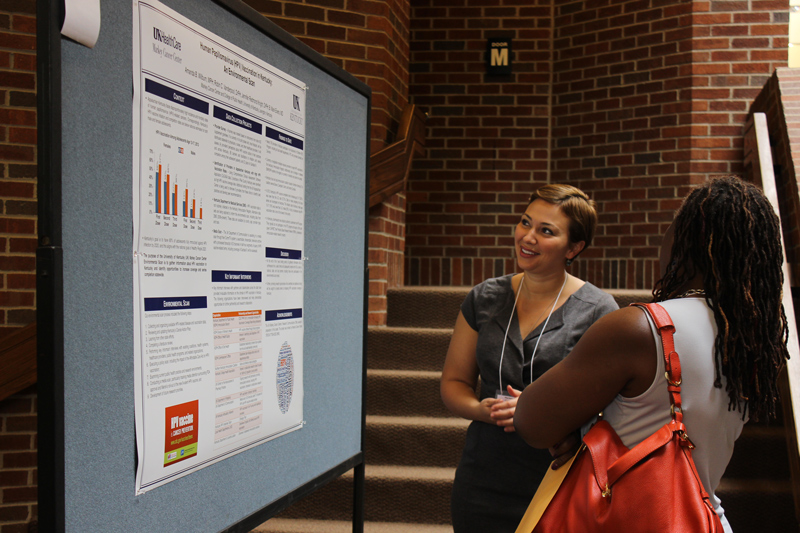
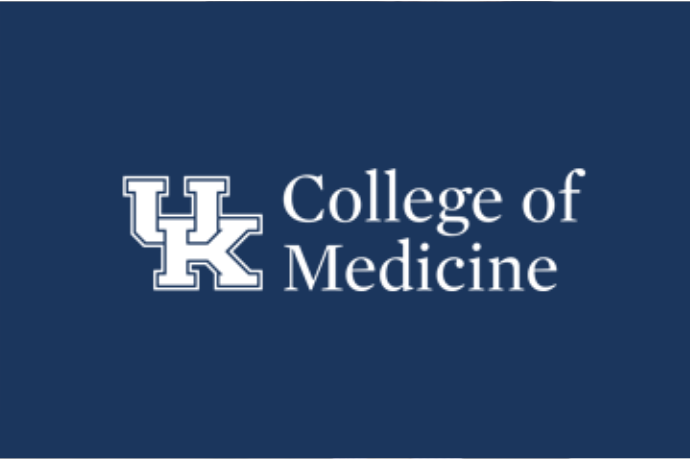
NIH recently released information regarding the NIH Lasker Clinical Research Scholars Program. The details are listed below and on the attached flyer.

[A letter from UK Human Resources]
Dear Colleagues,
The safety and wellbeing of our campus community is and always will be top priority. This includes younger workers employed during the summer months and throughout the year. As a reminder, University policy permits hiring only persons who are 18 years of age and older in regular full-time staff positions. During the summer months, some persons between the ages of 14 and 17 may be hired for temporary jobs.

The Northwestern University Feinberg School of Medicine is inviting nominations for the inaugural Mechthild Esser Nemmers Prize in Medical Science. This award includes a payment to the recipient of $200,000. For more information, click here.

The NIH option to use ASSIST, the Application Submission System & Interface for Submission Tracking, is now available for single-project applications such as R01s and R21s.
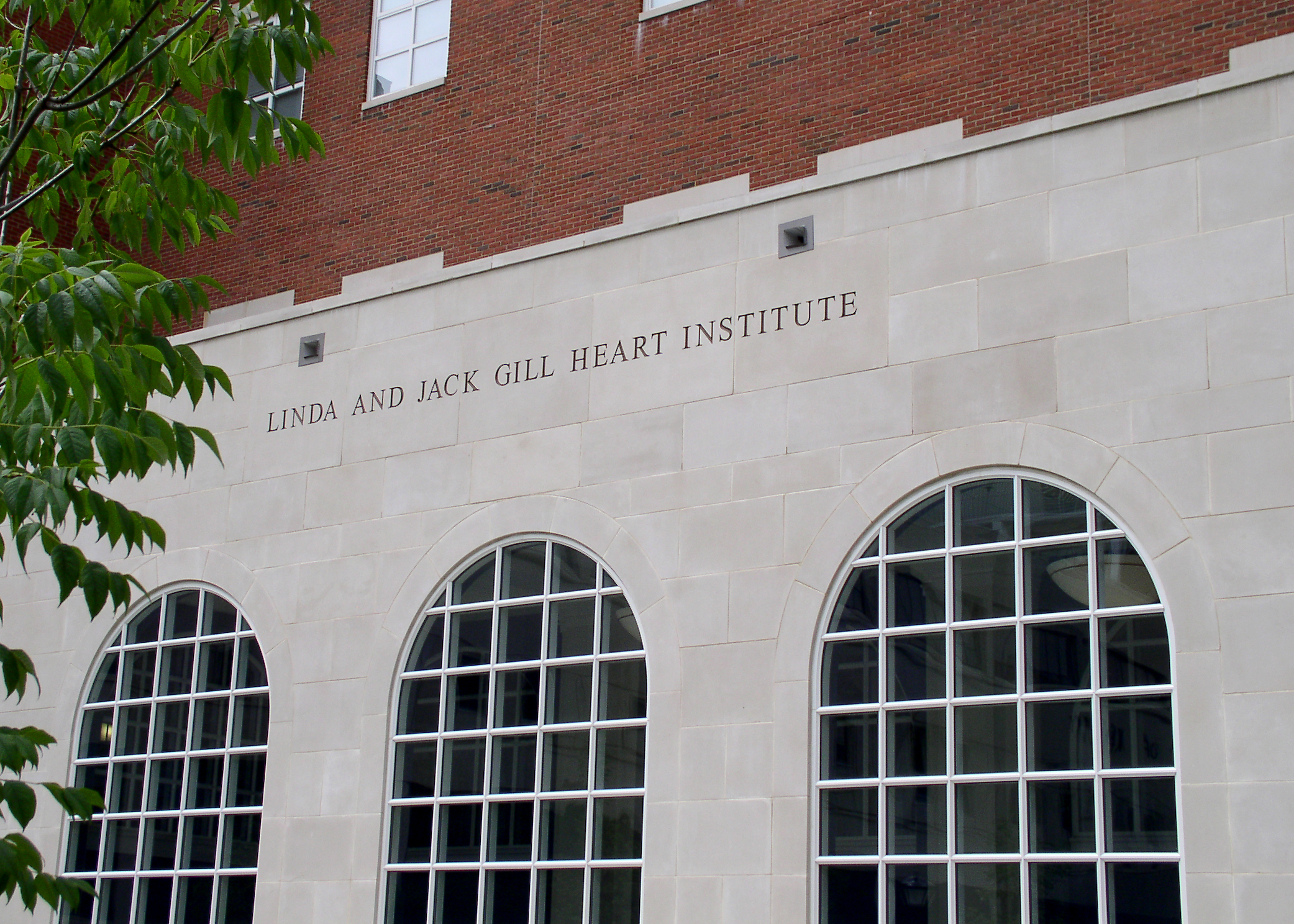

UK HealthCare’s CECentral: If you have a proposal and would like to create online enduring materials for healthcare professionals, host an educational meeting, or have an activity for CME or CPE credit please contact CECentral ahead of your proposal submission. The CECentral staff members can quickly provide you with estimated costs for inclusion in your proposal. You can reach CECentral at: http://www.cecentral.com/ideas. The Idea Generator is a quick online form that

All faculty in the College of Medicine (physicians and basic scientists) are required to participate in financial conflict of interest disclosures. Currently, faculty may be asked to fill out 2 separate and distinct disclosures:

The National Institutes of Health have introduced a series of changes to their biosketch format. These changes will allow researchers more freedom to describe the importance of their research. The new biosketches must be submitted with all grant applications on or after May 25, 2015.
There are three major changes to the biosketch. These changes are:

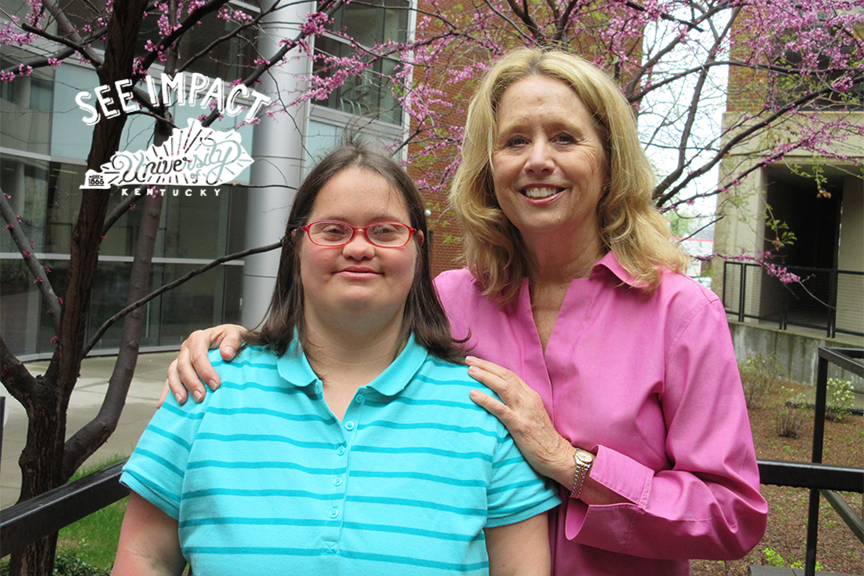
Two researchers from the Sanders-Brown Center on Aging have received a multi-million dollar grant renewal to unlock the mysteries of Alzheimer's disease (AD) and brain aging with the help of people with Down syndrome (DS).

One of the many services offered through the College of Medicine website is a profile page. All faculty, staff and trainees of the College of Medicine have a page specific to them. These pages offer a standardized format to display a professional photo, research interests, selected publications and pub med listings along with information such as lab personnel. When we review website traffic, we see that these profile pages are some of the most popular portions of our website, thus we want to encourage everyone to keep their page up to date.
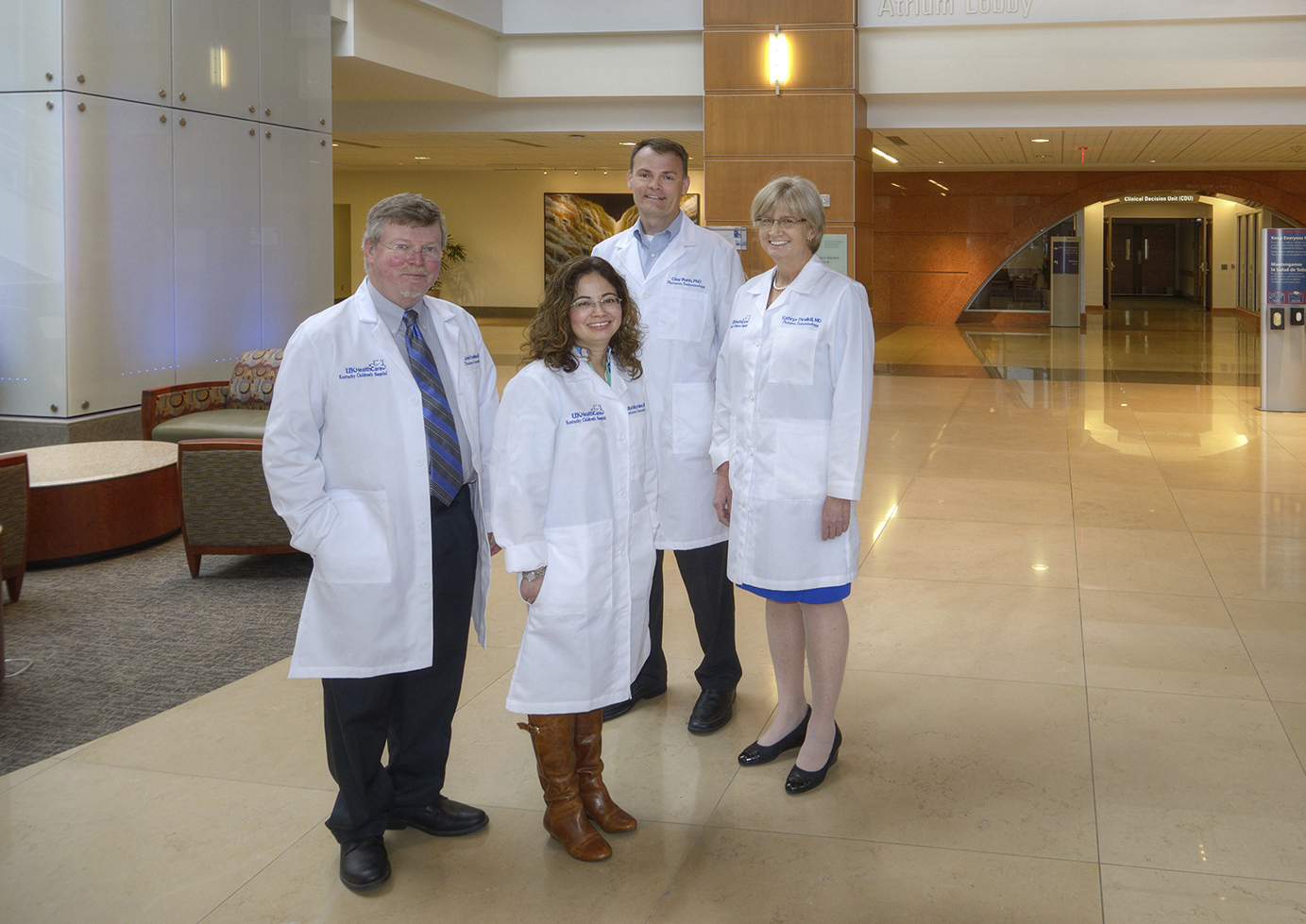



New NIH Biosketch Format – Required on May 25
The new five-page biosketch format is required for all NIH proposals due on or after May 25, 2015. To help you get ready for this change, the Proposal Development Office invites UK staff and faculty to a workshop --

NIH has recently updated their website that provides context for the NIH Peer Review Process. With the contributions of NIH staff, the site offers new and improved content. The goal of the site is to connect the What, When, Why, and How of the NIH Peer Review. This site’s primary audience is the NIH reviewer. The site provides information to better understand the “do’s and don’ts” of each step of the review process including links to the eRA video tutorial series.
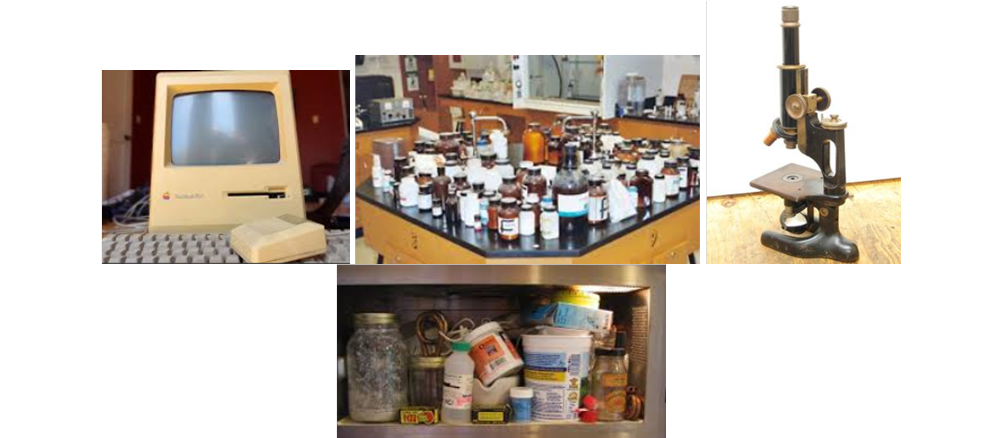

Could your ideas have an impact on the health or physical activity of North Americans?
Are you seeking additional funding for your research?
